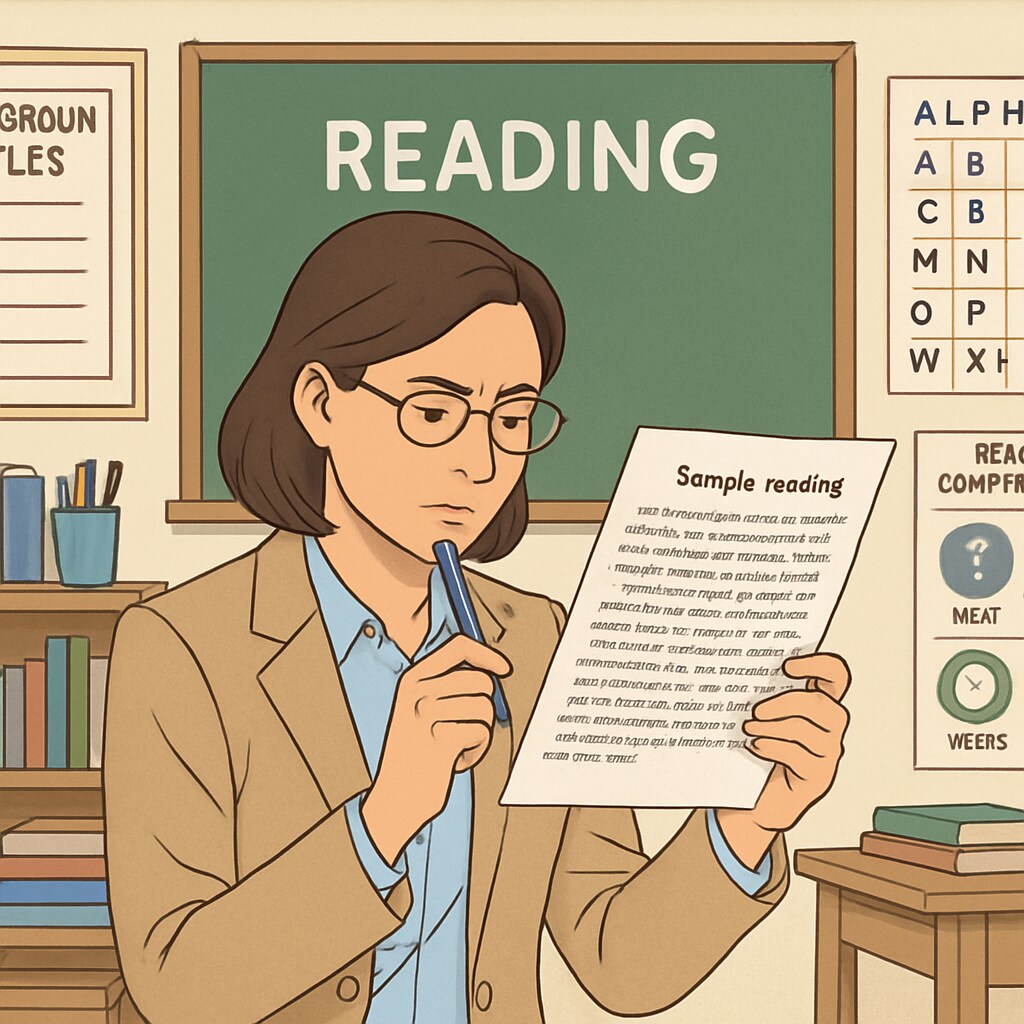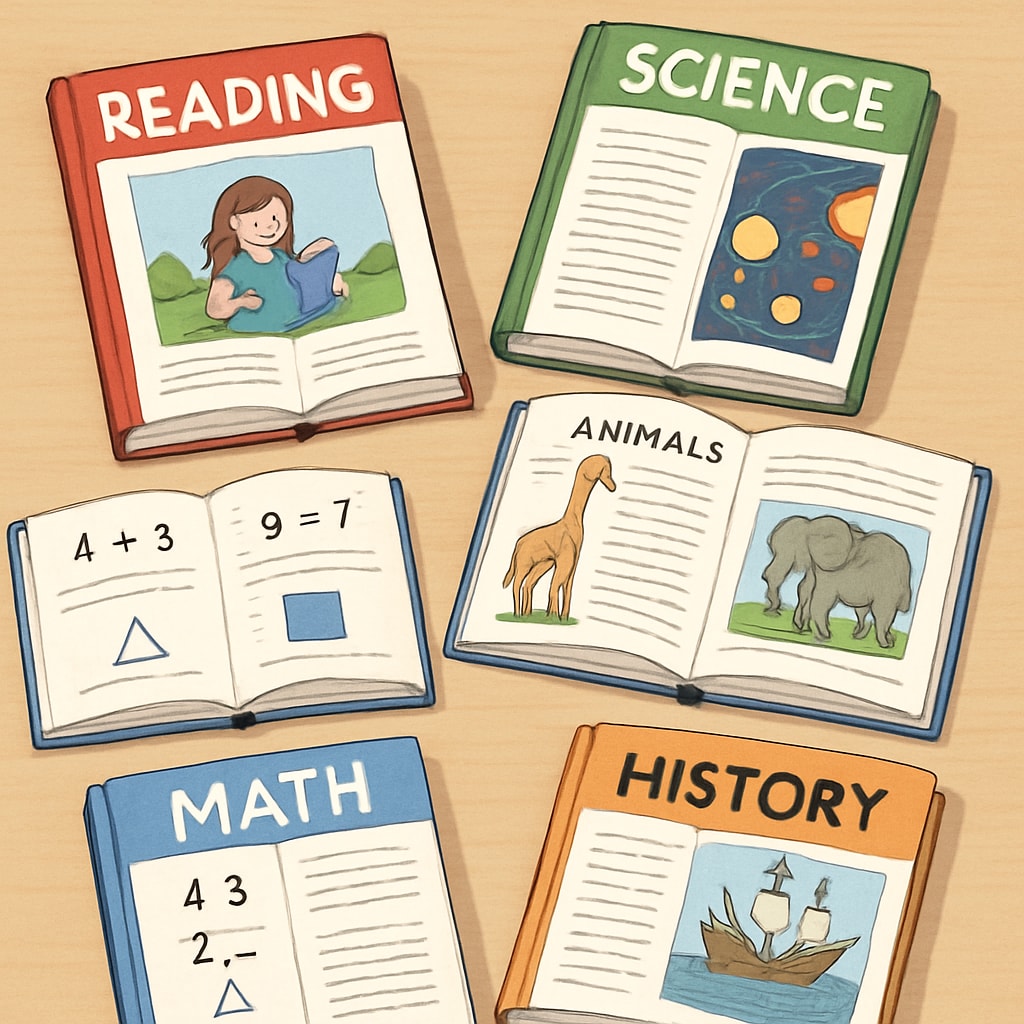Reading comprehension is a cornerstone of education, and evaluating the complexity of reading materials is a critical factor in ensuring effective learning. A new research initiative is inviting elementary and middle school teachers to take part in assessing reading text complexity. By contributing just 30 minutes of their time, educators can play a pivotal role in advancing this field of study. This innovative project not only aims to improve reading instruction but also provides valuable insights for selecting future educational materials.
The Role of Teachers in Text Complexity Evaluation
Teachers possess unique expertise in assessing the suitability of reading materials for their students. Their daily interactions with learners give them firsthand knowledge of how different texts impact comprehension. This research project aims to harness that expertise, inviting educators to evaluate text samples based on their professional judgment. The goal is to create a more nuanced understanding of how text complexity aligns with student capabilities and curriculum goals.

Research shows that text complexity is influenced by various factors, including vocabulary, sentence structure, and subject matter. While algorithms and readability formulas provide quantitative measures, they often fail to capture qualitative aspects such as cultural relevance or the emotional engagement of a text. Teachers, as practitioners in the field, can bridge this gap by providing insights that complement data-driven models.
Why This Research Matters
Understanding reading text complexity is essential for developing effective educational strategies. Ensuring that students are exposed to appropriately challenging materials can foster growth in reading comprehension and critical thinking. However, selecting the right texts is no straightforward task. Educators often face a delicate balancing act: texts must be challenging enough to promote skill development but not so difficult that they discourage learners.
This study aims to address these challenges by incorporating teachers’ evaluations into a broader framework for understanding text complexity. By doing so, it seeks to inform future curriculum development and textbook selection. For example, the findings could help publishers align their materials with the needs of diverse classrooms, ensuring that all students have access to texts that support their growth.

How Teachers Can Get Involved
Participation in the study is simple and impactful. Teachers are asked to review a set of reading passages and provide their assessments of complexity. The process has been designed to take no more than 30 minutes, making it accessible for busy educators. By contributing their expertise, participants will not only support the research but also gain a deeper understanding of text complexity and its implications for their teaching practice.
To take part, teachers can register through the project’s official website. Once enrolled, they will receive detailed instructions and access to the text samples. Participation is entirely voluntary, and all contributions will be anonymized to protect privacy. As a token of appreciation, participants may receive acknowledgment in the final research publication or other professional development incentives.
Looking Ahead: The Impact of Teacher Contributions
The insights gathered from this study have the potential to reshape how educational materials are evaluated and selected. By placing teachers at the center of the analysis, the research emphasizes the value of professional expertise in education. It also highlights the importance of collaboration between educators, researchers, and publishers in creating resources that are both effective and equitable.
In addition, the study could pave the way for future innovations in reading instruction. For instance, the integration of teacher-informed assessments with advanced analytical tools could lead to more comprehensive models of text complexity. These models would not only benefit current classrooms but also set new standards for educational policy and practice.
In conclusion, this research underscores the transformative power of teachers in shaping the future of reading education. By participating, educators can contribute to a growing body of knowledge that will directly impact students’ learning experiences. Together, we can unlock the full potential of reading comprehension and ensure that every student has the tools they need to succeed.
Readability guidance: Short paragraphs and clear headers improve accessibility. Transition words like “however” and “in addition” enhance flow. Lists and examples make complex ideas easier to understand.


